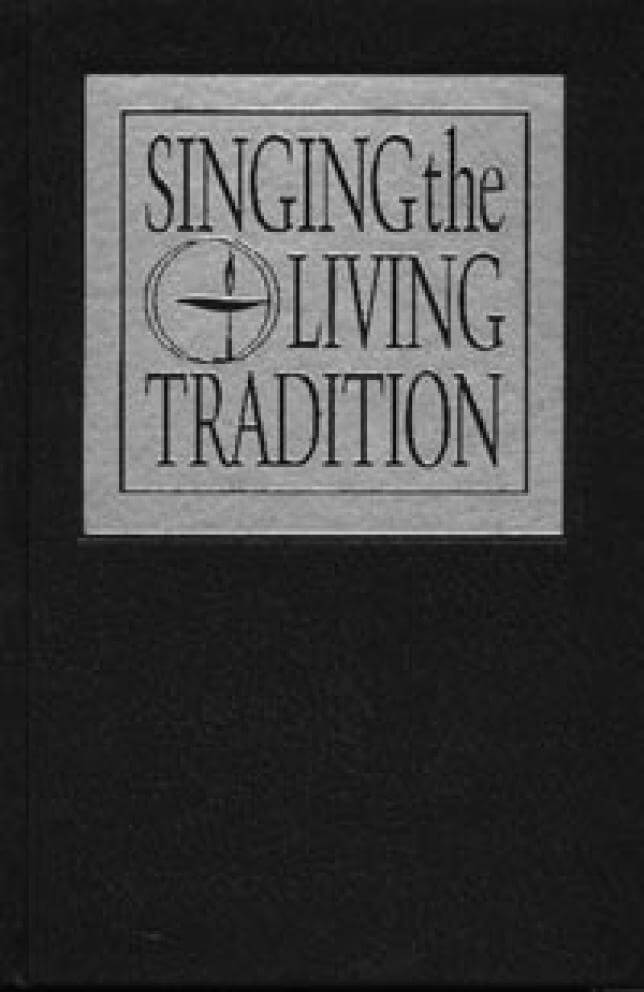Activity 3: Finding Social Justice in Music
Part of Amazing Grace
Activity time: 10 minutes
Materials for Activity
- Music player
- Recording of Pete Seeger singing; see Find Out More for suggestions
- Optional: The hymnal Singing the Living Tradition. Boston: Beacon Press, 1993
Preparation for Activity
- Listen to the Seeger recording and choose a couple of social justice songs you want your group to hear.
- Listen for contemporary songs that ask for social change; if you find something appropriate, consider playing it for your group.
Description of Activity
This activity introduces your youth to music of social justice.
Play one or two Pete Seeger songs as examples of social-justice music. Explain that Pete Seeger is a famous folk singer who has performed all over the world. Many of his songs have something to do with social justice. Seeger is a member of a UU church in New York City.
The album, Pete Seeger's Greatest Hits has several songs associated with social justice. "Talking Union," with words written by Millard Lampell, Lee Hays, and Pete Seeger in 1941, is a call to join organized labor. "Which Side Are You On," another union song, was written by Florence Reece in response to a Kentucky coal strike in 1931. "We Shall Overcome," has been sung for decades to support various causes. It was especially popular during the civil rights movement, when thousands of Americans (including Unitarian Universalists like James Reeb) struggled to win equal rights for African Americans in the 1950s and '60s. "This Land Is Your Land" is Woody Guthrie's passionate tribute to the democratic vision. Written in the 1940s, the original version challenged the establishment with words that said, in effect, the land belongs to everybody, not just the rich, who treat it as private property.
Ask participants to identify more recent songs they have heard calling for social change. Ask also whether they think music is an effective tool to use in working for social justice. Are any members of the group musicians? Have they sung any songs relating to social justice?
You can extend this activity by having participants look through Singing the Living Tradition for hymns related to social justice. ("We Shall Overcome" is Hymn 169.)
